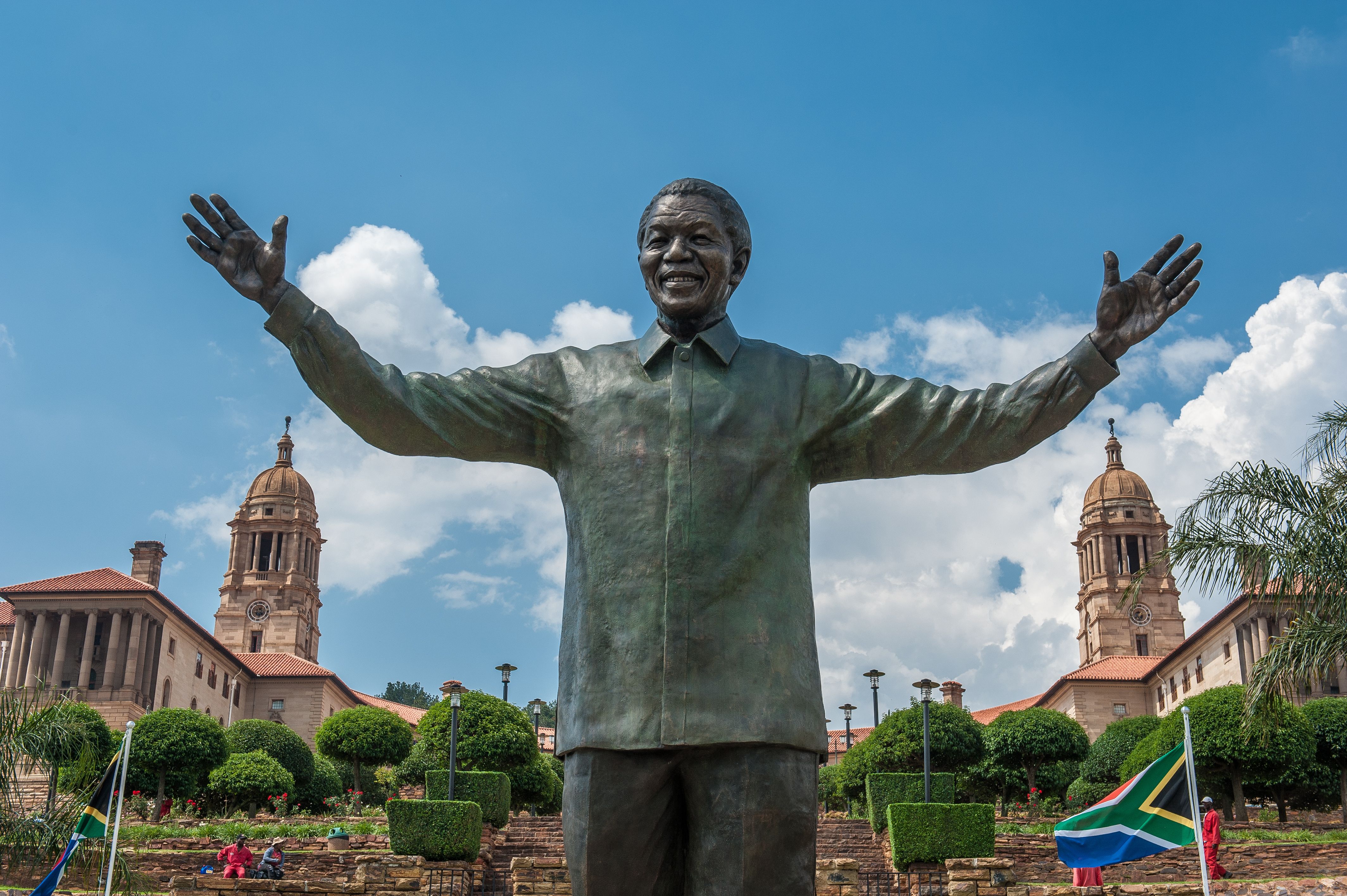By Emily Wu
In 2009, the UN General Assembly declared July 18th as Nelson Mandela International Day, in recognition of the former President of South Africa’s birthday and his fight against apartheid and for the civil rights of South Africans, inspiring his country and the whole world.
Mandela led many protests and resistance efforts as part of the African National Congress (ANC) against the oppressive regime of South Africa and its racial segregation against African Americans. He co-founded Umkhonto we Sizwe (“Spear of the Nation”) as an armed wing of the ANC. Though originally only pursuing peaceful and nonviolent measures, it became an unrealistic method since their peaceful demands were met by force from the government. However, in 1963, Mandela and other leaders of the resistance stood trial for planning to overthrow the government and were sentenced to life imprisonment. During his time in prison, Nelson Mandela became the face of the anti-apartheid movement and as a symbol of resistance for never wavering in his beliefs despite being inhumanely treated in prison for being a black political prisoner. From prison, Mandela earned a bachelor of law from the University of London and mentored fellow prisoners, as well as smuggling out his political statements and his autobiography, Long Walk to Freedom.
Pressure from an international campaign led to his release in 1990 and Mandela immediately continued to work with the ANC for reform and peace, while negotiating with the South African government. In 1994, South Africa held its first democratic election where Mandela was inaugurated as their first black president. He worked to transition from apartheid to black majority rules and to promote reconciliations between whites and blacks. He protected South Africa’s economy from collapsing, funding the creation of new jobs, housing, and health care. In 1996, Nelson Mandela signed a new constitution into law, which established a strong central government based on majority rule, while protecting the rights of the minorities, no matter their race, and freedom of expression.
Nelson Mandela devoted his life to promoting global peace and fighting for the rights of humanity, to ensure that no voice is exploited or oppressed. After declining a second term, Mandela continued to address global problems, such as hunger, education, and homelessness and his legacy lives on to bring about a world of peace and equality. On July 18th, we remember Mandela’s achievements in human rights and peace. It has become tradition that many around the world take 67 minutes of that day to volunteer or participate in some way that brings good to their community and the people around them; a small gesture to the 67 years Mandela fought for social justice.

